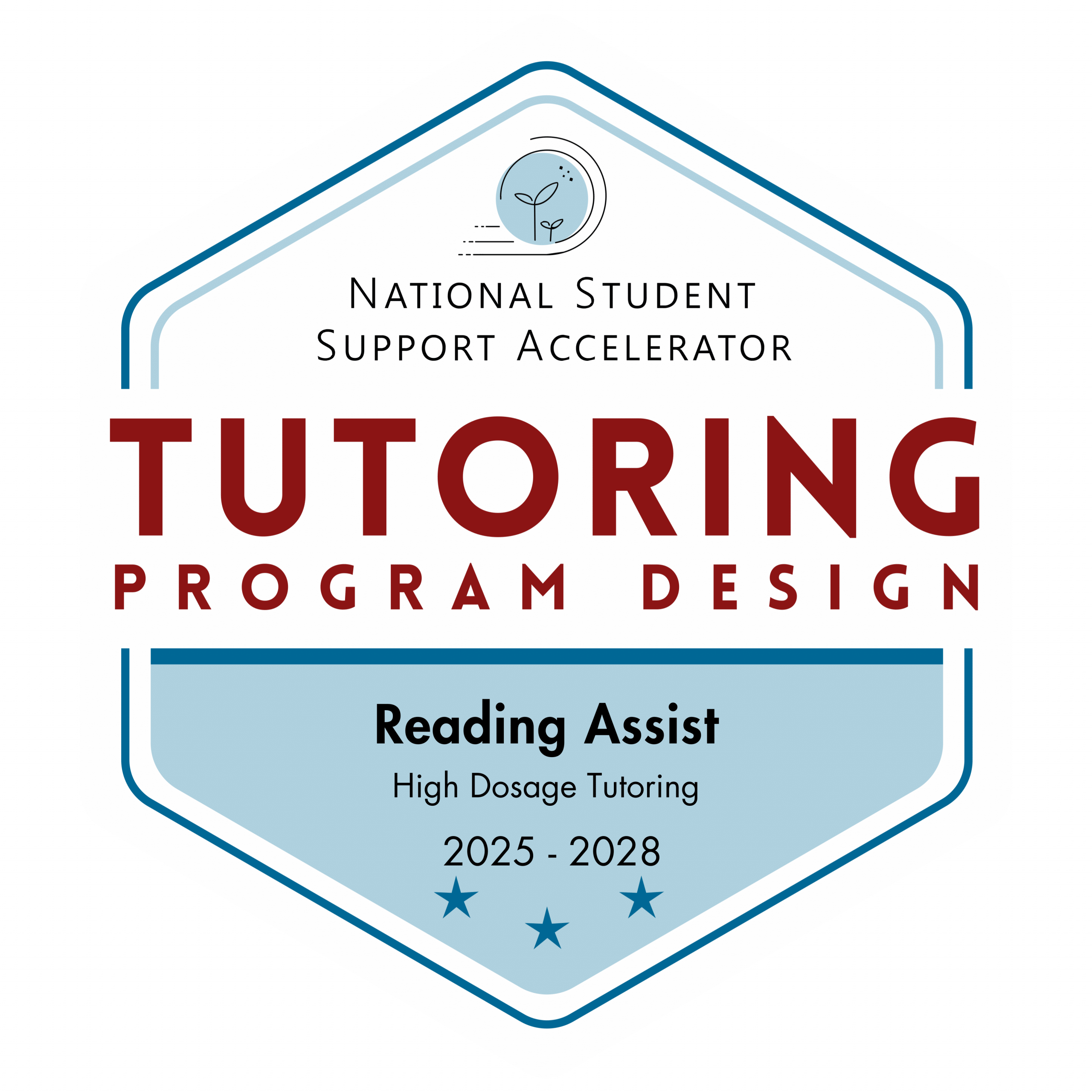Frequently Asked Questions
Thinking about becoming a Reading Assist Fellow?
Get answers to help guide your decision.
You begin with 3 weeks of training. Your training days will run during the weekdays, 30-35 hours per week.
During the school year a number of your required hours will come from in-school service; however, there are components that take place outside of school hours. Our breakdown for hours based on full-time and part-time is as follows:
Full-time: 38-40 hours/week, Monday-Friday from approximately 8 a.m.-3:30 p.m. (plus planning time)
Part-time: 26-28 hours/week, Monday-Friday 8 a.m.-1:30 p.m. OR Tuesday-Thursday 8 a.m.-3:30 p.m. (plus planning time)
Your service year would run from your training start date until June 12, 2026. During the course of the year, you are following your placement schools’ schedule and observe all holidays, breaks and professional development days.
AmeriCorps is a network of national service programs made up of three primary programs that each take a different approach to improving lives and fostering civic engagement. Members commit their time to address critical community needs like increasing academic achievement, mentoring youth, fighting poverty, sustaining national parks, preparing for disasters, and more.
Yes. But we recommend fellows take no more than two classes while serving.
Yes. Many fellows work part-time jobs after their regular service day to earn extra money toward their expenses. Fellows also have the opportunity to earn additional pay after-school tutors through Reading Assist.
Fellows are expected to travel to training (if located within 25 miles of a training site) and their school sites every school day to serve their students. There is no mileage reimbursement for this travel.
- A monthly living allowance, paid in bi-weekly installments (currently in Delaware/Pennsylvania $1,000 for full-time and $700 part-time pretax; Washington, DC $1,300 full-time and $900 part-time pretax)
- A $5,100 education award* (determined by the Pell Grant) upon successful completion of 1200 service hours ($3,600 for part-time, 900 service hours)**
- A $500 relocation allowance if moving 50 miles or more to serve
- Student loan deferment
- An opportunity to receive professional certification in reading intervention (August and September training sessions only)
- Resume-building professional experience
- Education sector exposure
- Healthcare benefits (full-time only)
- Childcare (if needed and eligible)
*Members who are 55 years of age or older when they begin service may gift the education award to a child or grandchild.
** Education award determined by hours served.
Since we are an AmeriCorps organization, our living allowances are predetermined and non-negotiable and they are subject to state and federal taxes.
Yes, healthcare benefits are available for full-time members only (serving 5 full days/week). View our current healthcare plan.
Fellows may qualify for SNAP benefits through the State of Delaware. Reading Assist will guide eligible fellows through the process of securing food stamps at the start of their fellowship term. For more information about SNAP benefits in Delaware, visit the Delaware Department of Health and Human Services website.
Fellows may receive a Segal AmeriCorps Education Award upon successful completion of the required number of service hours. You can apply the award to educational costs, such as federal student loans, college tuition, and educational supplies.
Members who are 55 or older at the start of their service term can transfer their education award to a child, stepchild, grandchild, step-grandchild, or foster child.
Reading Assist partners with district and charter schools in all three Delaware counties, Chester, PA and Washington, DC. A majority of our partner schools are located in New Castle County, with additional schools in the Dover area (Kent County), Sussex County, Chester, PA and Washington, DC. Fellows receive their school assignments during training. Fellows’ home locations are considered when making school placement decisions.
Fellows receive more than 60 hours of training in the accredited Reading Assist Intervention Program. Training for all fellows runs 3 weeks and takes place during the weekdays, 30-35 hours per week. Fellows will learn about the science of reading and how to teach children with language-based learning disabilities. Fellows must attend all training days and pass content exams to successfully deliver the Reading Assist curriculum to students and remain in the program.
All fellows are assigned a program manager. Reading Assist program managers are experienced literacy experts meet with fellows each week (virtually and/or in person at schools). They are available to counsel fellows about the reading intervention curriculum, help them navigate issues with students, oversee students’ progress, and help the fellow to adjust instruction as needed.
Most fellows are placed in at schools with at least one other fellow.
Fellows spend the majority of their time with their students. Intervention sessions are typically 30-40 minutes in length, and fellows also have a lunch break. Other required responsibilities include:
- Preparing daily student lessons
- Completing daily student lesson logs
- Completing daily and weekly timesheets
- Attending weekly meetings with coaches
- Attending optional biweekly Professional Learning Communities
- Attending AmeriCorps service days – (September 11 and Martin Luther King, Jr. Day)
Fellows receive guidance on how to manage these responsibilities during training.
Reading Assist’s training course has been accredited by the International MultiSensory Structured Language Education Council (IMSLEC). The purpose of IMSLEC is to accredit quality training courses for the professional preparation of multisensory structured language education (MSLE) specialists. Under this accreditation, Reading Assist is able to offer certification to individuals at the teaching level.
Only fellows whose training begins in August or September are eligible for certification.
To receive certification, fellows must:
- Have a bachelor’s degree from an accredited institution of higher learning
- Complete 48 hours of course work (covered in training)
- Pass all course exit assessments and exams
- Complete 60 hours of practicum over 9 months




